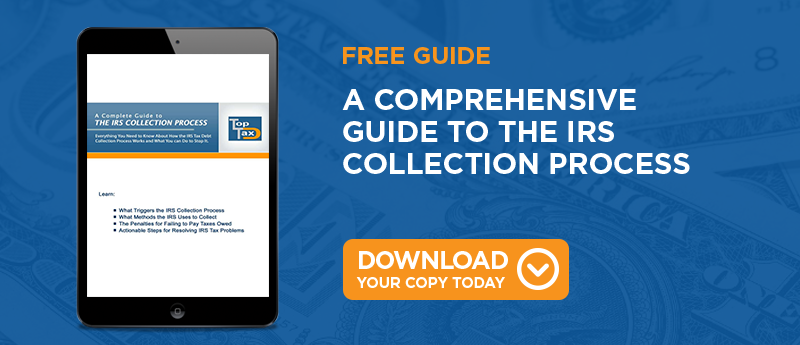
Employment taxes vary widely, depending on the withholding allowances and filing statuses employees claim. They may also vary, according to the state and city in which the employer and worker reside. Employers must remit the withheld income and FICA taxes to the government every quarter. They must also send in their share of FUTA and SUTA taxes. Self-employed individuals, though, are responsible for remitting their taxes themselves, since self-employeed taxpayers have no employers.
Federal and State Income Taxes
Employers are responsible for withholding both state and federal income taxes from the paychecks of their workers. The effective federal tax rates that are used are based on the number of allowances and the filing status the employee claims on Form W-4 at the beginning of the tax year. State income taxes are based on a similar form that is completed according to the state withholding tables.
FICA Taxes - Social Security and Medicare
Employees pay half of the Social Security and Medicare taxes on their income through FICA withholding. The IRS assesses these taxes at the rate of 6.2 percent from both the employee and employer, totaling 12.4 percent in all. Along with Social Security taxes, employers must withhold Medicare tax from their workers' pay at the rate of 1.45 percent. Employers must match this tax with a 1.45 percent payment of their own, bringing the total Medicare tax rate to 2.9 percent. FICA taxes are remitted to the government along with income taxes each quarter.
FUTA and SUTA Taxes
While employees do not have FUTA or SUTA taxes withheld from their pay, employers are still responsible for paying these taxes on their income and submitting to the IRS and the state department of revenue. FUTA stands for Federal Unemployment Tax and SUTA stands for State Unemployment Tax. These taxes are designed to fund the federal and state unemployment benefit programs, so that employees who are let go can collect these benefits until they find suitable work.
Taxes for Self-Employed Individuals
The rules are quite different for self-employed individuals. Since they serve as their own employers, they are responsible for paying both parts of the FICA taxes and remitting them to the IRS themselves. The total self-employment tax comes out to 15.3 percent (12.4 percent for Social Security and 2.9 percent for Medicare). However, this tax is only imposed on the net income earned during the tax year. If a self-employed person expects to owe at least $1000 in self-employment taxes at the end of the year, he or she should submit the total in four separate quarterly installments.
Employment taxes can present confusing tax situations, but those who learn about the IRS and local state government rules for assessing and remitting these payments can avoid costly tax headaches later.




